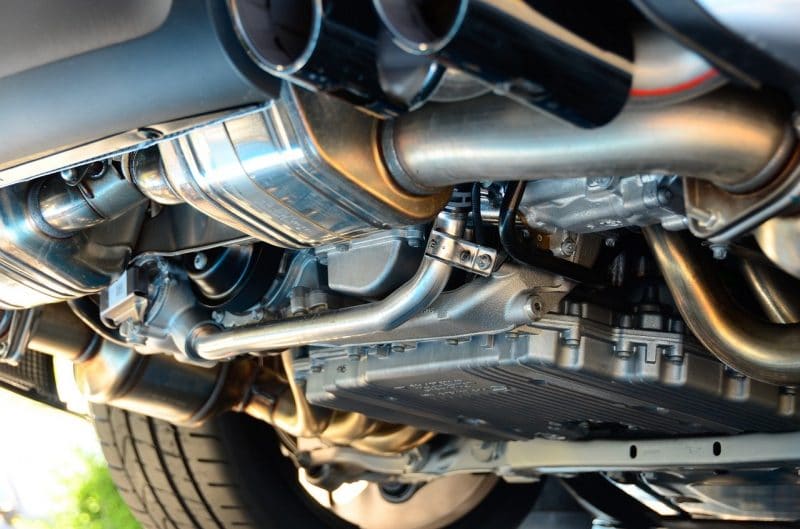Essential Preventive Maintenance for Your Vehicle
Regular maintenance is key to keeping your vehicle running smoothly and reliably for years to come. While it’s essential to address issues as they arise, preventive maintenance can help prevent problems before they occur and save you time, money, and headaches down the road. In this post, we’ll explore the types of preventive maintenance that every vehicle owner should prioritize to ensure optimal performance and longevity.
1. Regular Oil Changes: One of the most critical aspects of preventive maintenance is regular oil changes. Engine oil lubricates moving parts, helps dissipate heat, and removes contaminants from the engine. Failure to change the oil at regular intervals can lead to engine wear, reduced fuel efficiency, and costly repairs. Check your owner’s manual for recommended oil change intervals and stick to them diligently.
2. Tire Inspections and Rotations: Tires play a crucial role in vehicle safety and performance, so it’s essential to keep them properly maintained. Regularly inspect your tires for signs of wear, such as uneven tread wear or bulges, and replace them as needed. Additionally, rotate your tires according to the manufacturer’s recommendations to ensure even wear and maximize their lifespan.
3. Brake System Checks: Your vehicle’s braking system is vital for safety, so it’s crucial to have it inspected regularly. Check your brake pads and rotors for signs of wear, such as squealing or grinding noises, vibrations, or reduced braking performance. Replace worn brake pads and have your brake system inspected by a professional if you notice any issues.
4. Fluid Checks and Top-Offs: Your vehicle relies on various fluids to function correctly, including coolant, transmission fluid, brake fluid, and power steering fluid. Regularly check these fluids and top them off as needed to ensure proper levels and prevent damage to vital components. Additionally, consider having your fluids flushed and replaced at regular intervals as recommended by your vehicle manufacturer.
5. Battery Maintenance: A dead battery can leave you stranded, so it’s essential to maintain it properly. Keep your battery terminals clean and free of corrosion, and check the battery’s voltage regularly to ensure it’s holding a charge. Consider having your battery tested annually to assess its health and replace it if necessary to avoid unexpected failures.
6. Inspection of Belts and Hoses: Belts and hoses play critical roles in your vehicle’s operation, such as driving accessories like the alternator, water pump, and power steering pump. Inspect belts for signs of wear, cracking, or fraying, and replace them if necessary. Similarly, check hoses for leaks, bulges, or soft spots and replace them as needed to prevent coolant leaks or engine overheating.
Conclusion: Preventive maintenance is essential for keeping your vehicle safe, reliable, and efficient. By following these preventive maintenance tasks, you can prolong your vehicle’s lifespan, reduce the risk of breakdowns, and save money on costly repairs. Remember to consult your owner’s manual for specific maintenance intervals and recommendations tailored to your vehicle’s make and model. With regular care and attention, you can enjoy worry-free driving for miles to come.
- Security Camara Installation Chicago
- Security Camara Installation in Chicago
- Security Companies In Chicago
- Access Control Chicago
- Access Conrol Companies Near Me
- Commercial Access Control Chicago
- Chicago Intercom
- Chicago Intercom Installation
- Chicago Intercom Systems
- Home Security Camera Installation Near Me

